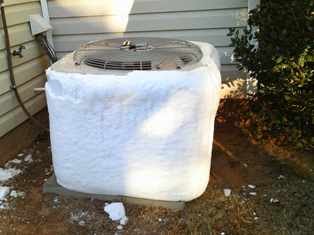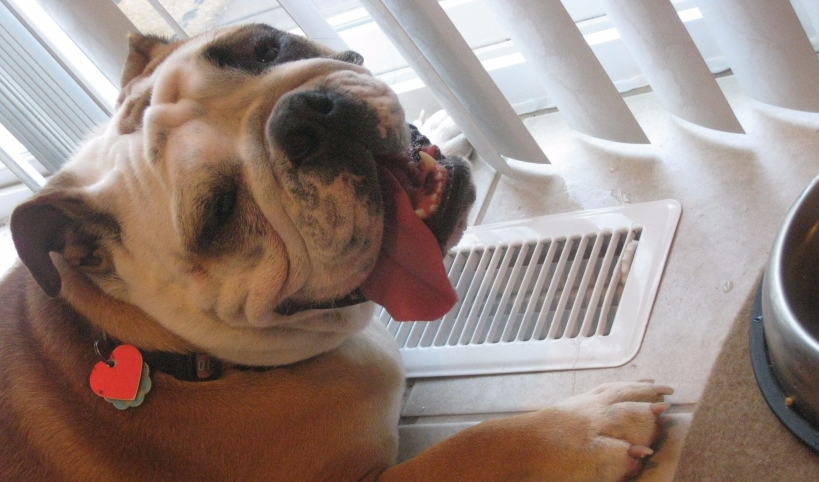Have you found yourself having a hard time falling asleep? Are most of your nights spent tossing and turning instead of actually getting the quality sleep that your body needs to be its best? The answer may be as simple as changing the setting on your thermostat.

There have been many studies that show how the temperature of your home can have a real impact on the condition of your sleep. Typically, homeowners will cut energy costs by keeping the thermostat on a low setting while they sleep. At the same time, saving money by just using a couple of extra blankets might sound ideal, it also could actually be doing more harm to your sleeping patterns.
How Does Your Home Temperature Affect Your Sleep Pattern?
Sleep studies show that the best and most effective sleeping temperature is between 75-85 degrees Fahrenheit. As you are sleeping, your brain naturally does it’s job by lowering your body’s temperature. Trying to go to sleep in a room that is disturbingly cold or too hot, your body can have a hard time to find the perfect internal temperature, which in turn will cause you to more restless sleep throughout the night.
Temperature also has a huge impact on the quality of REM, or rapid eye movement, during your sleep cycle. REM occurs during the stage of sleep when dreaming happens. By programming your thermostat between 68-75 degrees just before you go to sleep, it can help keep you sleeping soundly all night long.
What Can You Do To Start Improving Your Sleep?
Our team at HVAC Philly have put together a list of helpful tips you can utilize to keep your home at an ideal sleeping temperature without having to spend a lot of money on energy bills. Our HVAC technicians who provide air conditioning and heating services to the greater Philadelphia, Bucks and Montgomery County, PA areas, know how to make your system run as efficiently and effectively as possible.
Top 5 Tips on How to Keep Your Energy Bill Down While You Sleep:
- Have your system serviced and maintained on a regular basis
- Close the damper to your fireplace when it is not in use
- Ensure that your home is properly insulated
- Seal your windows and doors to ensure air is not leaking out
- Install a new, efficient HVAC system that is more compatible with your home
By implementing these helpful tips, you can let go of those restless evenings spent tossing and turning, without having to worry about astronomical energy bills.
Not getting a good night’s sleep because of a lousy heating or AC system? Contact HVAC Philly today and speak with our Philadelphia HVAC professionals.
Contact us online. www.hvacphilly.com or call us 215-725-6111
Follow us on Facebook, Google+, Tumblr, Twitter, or LinkedIn to learn more. HVAC Philly is readily available to answer any questions or to schedule an appointment. www.hvacphilly.com
HVAC Service Provided to
Philadelphia, South Philadelphia Feasterville, Bensalem, Bristol, Langhorne, Yardley, Fairless hills, Churchville, Newtown, Southamptown, Warminster, Holland, Jamison, Morrisville. Elkins park, Cheltenham, Glenside, Abington, Huntingdon valley, Willow groove, Horsham and Jenkintown.







 Running a
Running a
